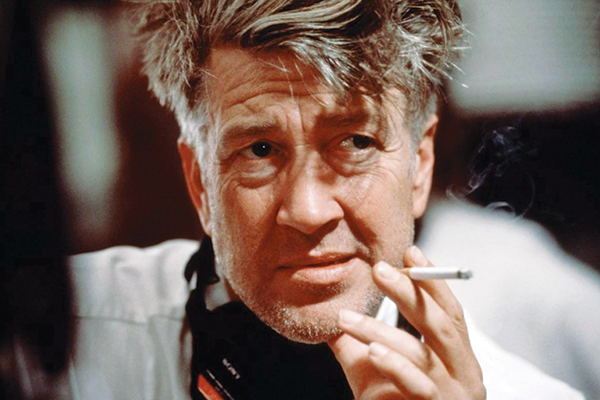David Lynch - The Big Dream
The oddball director’s impressive take on blues music.
David Lynch began his career as a solo musician with his 2011 album Crazy Clown Time, but his knack for sound design dates back a good thirty years. Lynch helped compose the unsettling ambient score to his 1977 film debut Eraserhead, and has been involved in the music for all of his films and TV shows since. Those who enjoyed “The Pink Room” – the hellish blues number he wrote for the Twin Peaks: Fire, Walk With Me soundtrack – will find a lot to love on Lynch’s second studio album, The Big Dream.
The Big Dream sees Lynch tinkering with the blues music and early rock ‘n’ roll of his youth. These old-school sounds evoke a retro American feel similar to that of Lynch’s Twin Peaks – of gas stations, 1960s Camaros and diners. But with Lynch’s nasally vocals and macabre lyrics comes a deep sense of unease. These gas stations are haunted, the Camaros have bodies in their trunks, and the diners are merely illusions.
Lynch’s cartoonish voice is the focal point throughout, muttering tales of oddball folk like a character from a stop-motion film. As he warbles about prostitutes (“Say It”) and crazy-eyed babies (“The Ballad Of Hollis Brown”), you can’t help but picture him in plasticine form: long-legged, his hair on end, dressed in a pinstripe suit. Adding to this surreal atmosphere are a few more modern musical influences, from the electronic realms of trip-hop and synthpop. Though applied sparingly, these beats and synths add a welcome splash of chrome amidst all the browns and greys.
Beyond eerie ambience, The Big Dream also showcases Lynch’s gift for writing a compelling groove. I foresaw being engulfed by this album, but didn’t think for a moment I’d find myself nodding along to it. Yet on a number of tracks, such as the roadhouse rocker “Star Dream Girl” and the electro epic “The Line It Curves,” it takes some serious effort to keep your neck still.
The Big Dream is a thoroughly impressive sophomore from Lynch, even just because of how sturdy and legitimate it feels. An experimental director in his late sixties having a stab at blues music sounds disastrous on paper, but in practice The Big Dream is a moody, infectious and even emotionally stirring album. Hats off!







